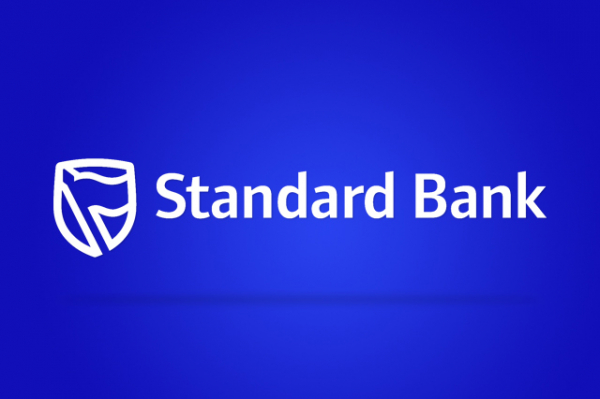
Stanbic Bank Zimbabwe’s parent company, Standard Bank, has said sub-Saharan Africa is the second fastest growing region in the world presenting a future cross-border trade and economic environment that could, one day, emulate Asia in diversity, opportunity and growth.
BY BUSINESS REPORTER
Efficient, effective and sustainable trade structures and technologies are central to achieving this vision for growth — and also for alleviating the poverty that still grips many parts of the continent, Vinod Madhavan, group head of trade for Standard Bank, said.
“Trade has the potential to drive inclusive growth in Africa by leveraging new technologies — especially in information — able to link sustainable African industries with a new generation of global consumers,” he said.
“Now has never been a better time for Africa to sustain growth by taking charge of its own growth momentum, by rapidly expanding the continent’s internal and cross-border cash, trade and securities capabilities.”
This, Madhavan said, would deepen local capital markets, enabling the development of sustainable, diversified and inclusive domestic economies through cross-border trade.
He said creating financial markets that allow this evolution to happen was “critical for Africa to successfully claim a greater share of global productivity — and the trade networks that support these”.
Africa will not, however, realise the benefits of regional and global trade without, at minimum; liquidity, access to capital, progressive foreign exchange regimes, and clear tax systems, he said.
- Chamisa under fire over US$120K donation
- Mavhunga puts DeMbare into Chibuku quarterfinals
- Pension funds bet on Cabora Bassa oilfields
- Councils defy govt fire tender directive
Keep Reading
“Being supported by; rational infrastructure, agile labour policies, relevant education and efficient customs and excise rules co-ordinated by regional trade bodies, will free Africa to expand growth internally — while continuing to attract foreign investment.”











